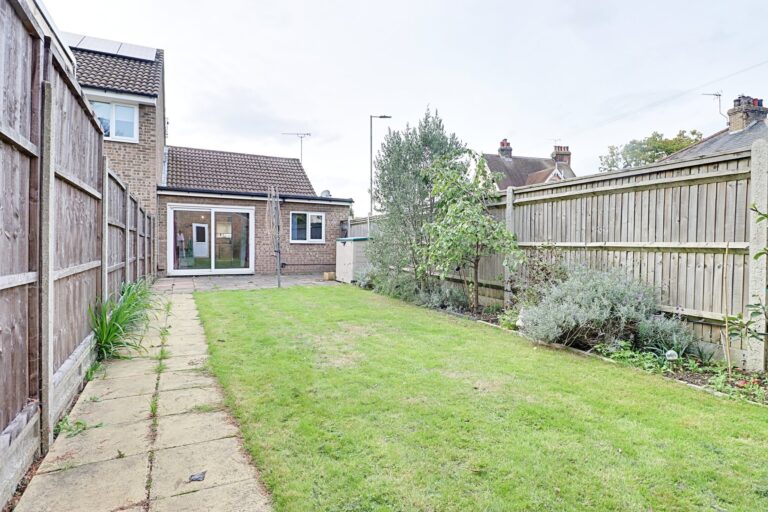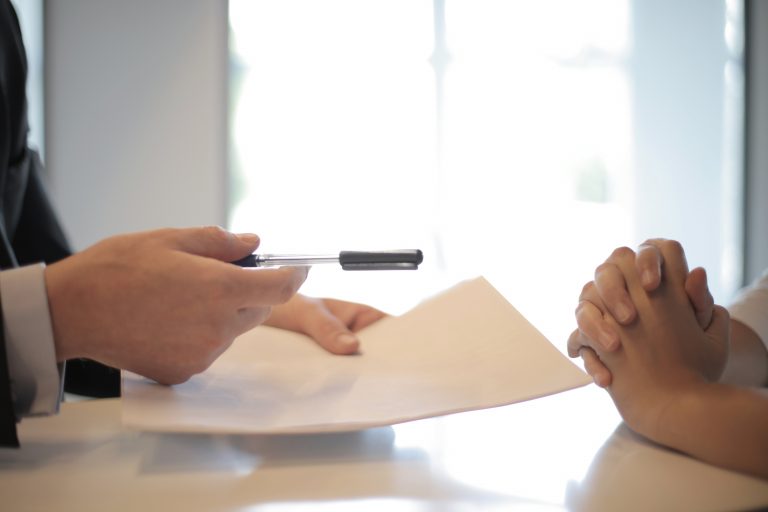 Buyers
Buyers
4 weeks ago

If you’re a first-time buyer, chances are you’re seeking a bit of guidance about the whole process. Mortgages can seem like a minefield at first, with many different types on offer.
Have a read of our mortgage advice for first time buyers…
Key things to know about mortgages:
How much deposit do I need as a first-time buyer?
When it comes to deposits, there is a general rule of the more you can save up the better. The minimum you’ll want to save up is 5%. This means if your property is worth £300,000, you’ll want at least £15,000 in the bank.
Simply put, the more money you put down as a deposit, the less money you’ll have to borrow from the bank. With a bigger deposit you’ll also be eligible for better mortgages with more competitive rates.
Help to Buy
Help to Buy is a government scheme. The intention of the scheme is to help first-time buyers to get a mortgage for a new build property with a small deposit. Often only a 5% deposit is needed.
How do I get a mortgage as a first-time buyer?
Step 1
Look at your financials
Lenders won’t hand mortgages out to just anyone. It helps to have a good credit score and a steady history of employment. Lenders will vary with their criteria, but it’s worth checking your credit score before applying for a mortgage.
Step 2
Search for the right mortgage
In order to get ready to buy, you’ll have to spend some time finding the right mortgage for you. This will depend on how much deposit you can afford to put down, and the type of property you’re interested in. If you’re after guidance and advice you could consider hiring a mortgage broker. A broker will look at your situation and financials, and match you to an appropriate mortgage lender.
Step 3
Put your application together
When applying for a mortgage, you’ll need to present your lender (be it a bank or building society) with certain documents. These can include proof of address, utility bills, recent payslips and proof of ID. Check exactly what your lender is asking to see and get all those documents together!
Step 4
Declined?
If at first you don’t succeed… it might be that you need to choose another lender, or spend some time looking at your financials. Really check your credit files before trying again, as any recurring errors there could keep impacting your future applications.
Additional costs when buying a home for the first time
The hidden costs of buying a home can creep up on you, so make sure you’re really clear about everything that needs to be done well in advance.
Stamp Duty
If you’re buying a home before 31st March 2021, and the property isn’t more than £500,000, then you don’t have to pay Stamp Duty.
The deposit
Your deposit is the amount you’ve saved to put towards your first home. This amount will determine what type of mortgage you will then need. Put simply, the bigger your deposit, the better your mortgage options.
Legal fees
When you buy a home, you will probably need a solicitor or licensed conveyancer to undertake all the paperwork and legalities involved in purchasing a home (unless you’re qualified yourself!).
‘Conveyancing’ is the legal term for transferring ownership from one person to another. Licenced conveyancers are legal professionals specialising in property law. Solicitors are lawyers who can offer a wider range of legal services than a conveyor, but tend to be more expensive.
Conveyancing costs can range from £800 to £1500, plus £250-450 for disbursements.
The valuation fee
Your lender will charge you a fee for assessing the value of the property, to see how much they are prepared to loan you. The fee varies depending on the property in question. The cost can be £150-£1,500 based on the property’s value.
If you need any advice as a first-time buyer trying to get on the property ladder in Hertfordshire and Essex, pick up the phone and have a chat with a member of our team. We can also get you in touch with tried-and-tested trusted local solicitors and licensed conveyancers.
Lorem ipsum dolor sit amet, consectetuer adipiscing elit. Donec odio. Quisque volutpat mattis eros.
Lorem ipsum dolor sit amet, consectetuer adipiscing elit. Donec odio. Quisque volutpat mattis eros.
Lorem ipsum dolor sit amet, consectetuer adipiscing elit. Donec odio. Quisque volutpat mattis eros.